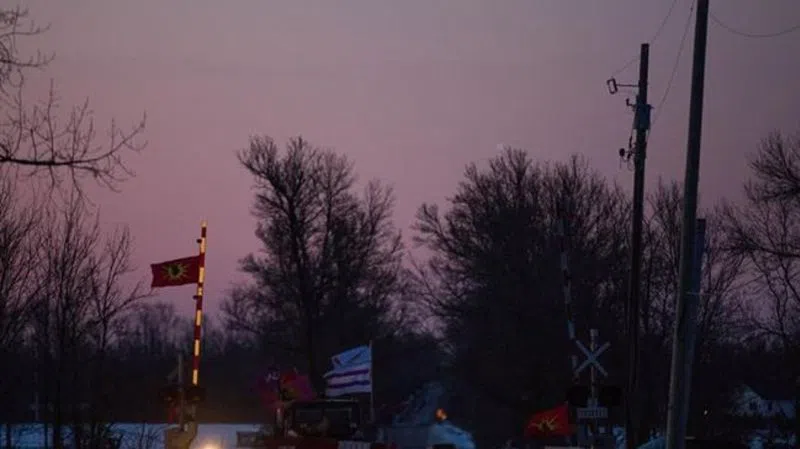
Eyes on police after Trudeau orders blockades torn down, injunctions enforced
All eyes are on Canadian police forces now that Prime Minister Justin Trudeau has said barricades on rail lines and other major transportation routes must come down.
A Wet’suwet’en hereditary chief says that won’t happen unless and until the Mounties get off their traditional territory in northern British Columbia and Coast GasLink halts construction on a natural-gas pipeline that crosses their land.
Chief Woos of the Grizzly House says Indigenous leadership will only begin negotiating with the Canadian government under those same conditions. But Trudeau says injunctions ordering the rail lines be cleared must be obeyed and the law must be enforced.
The blockades are responses by Indigenous people and supporters to a move by the RCMP to clear protesters who had been blocking access to the pipeline worksite.



